Here.
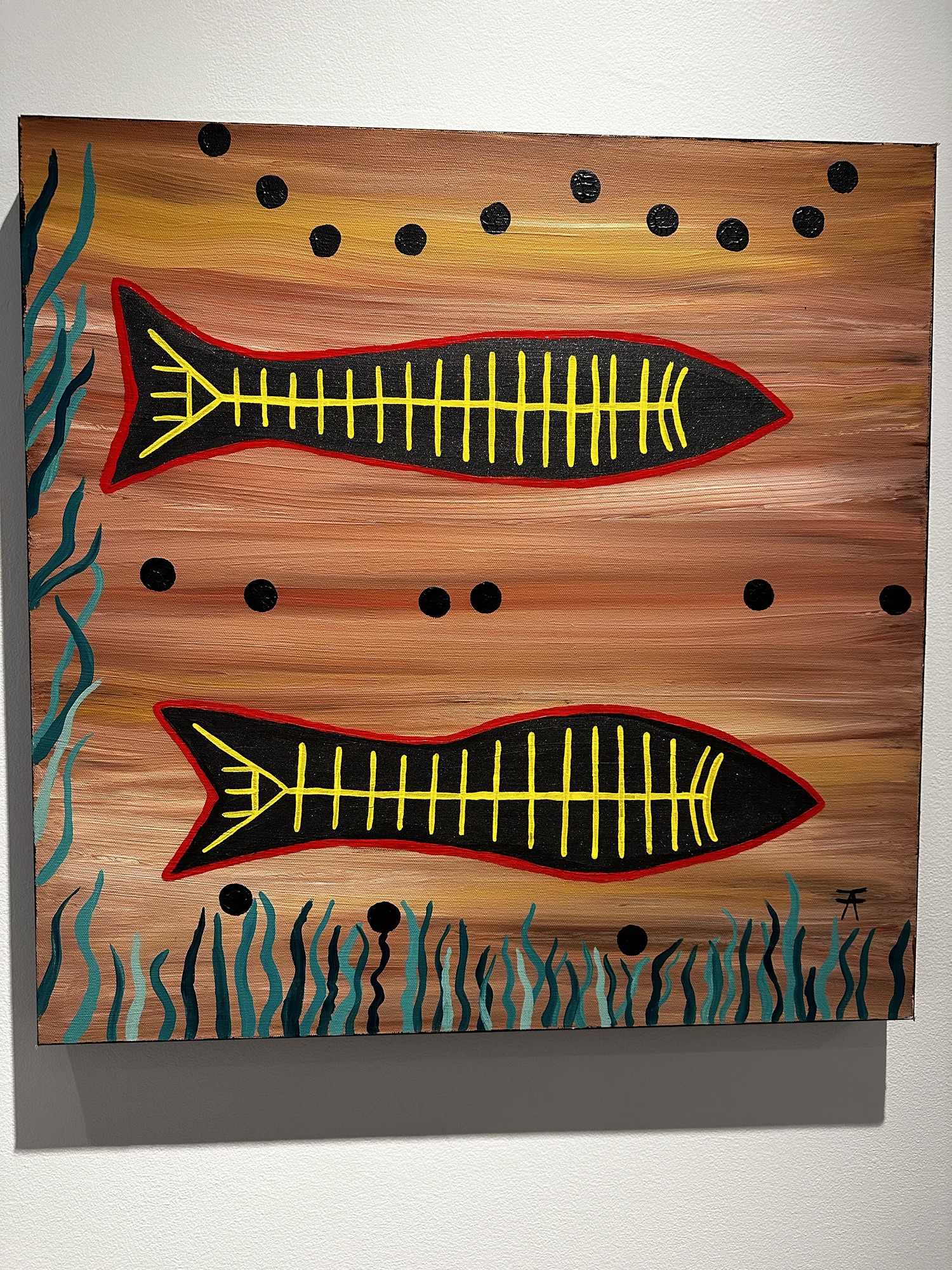
Here is the unpublished order in Trujillo v. Foster:
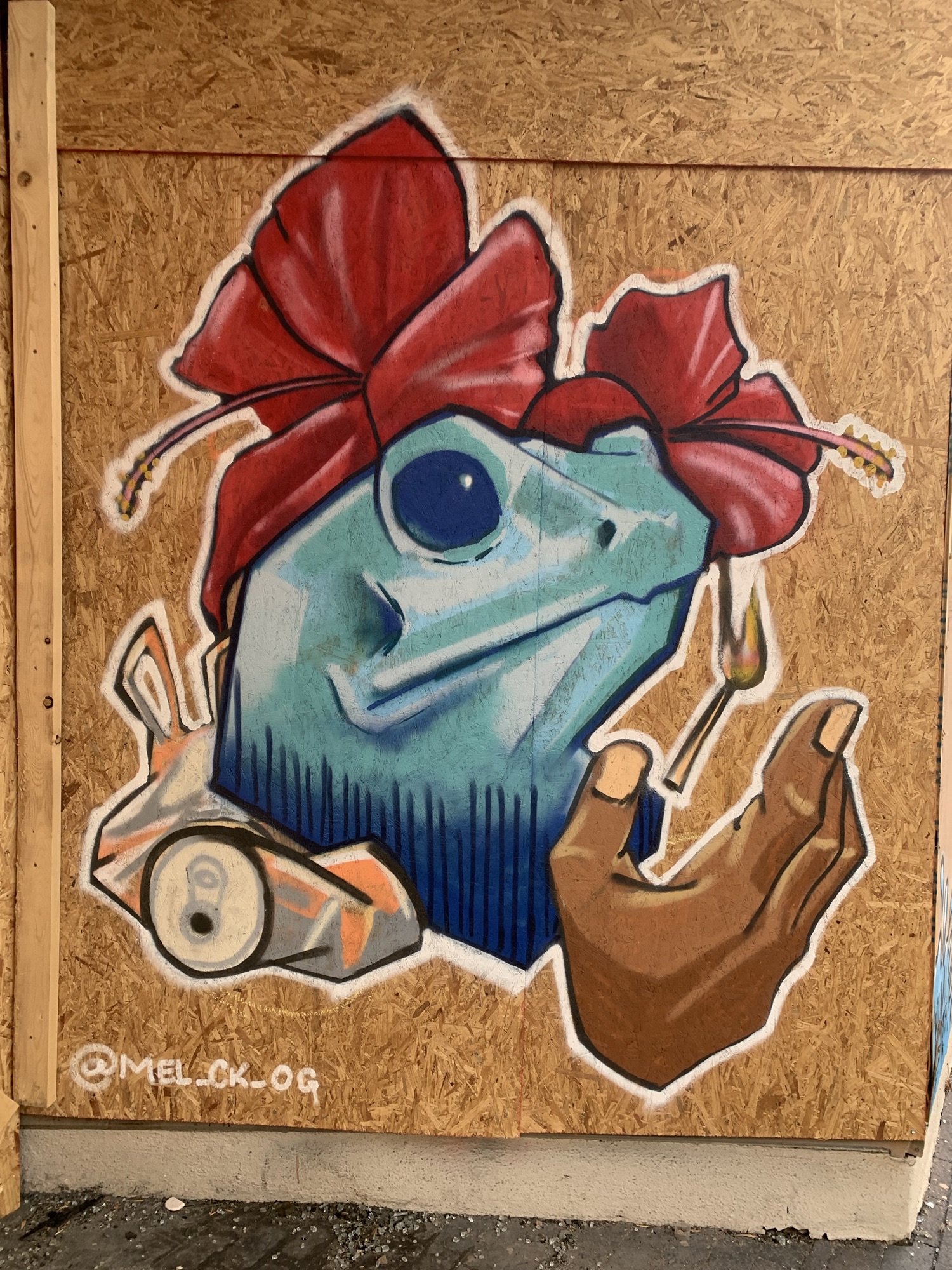
Here.
We invite you to join Indian Country ECHO for a Grand Rounds focused on gender-affirming care and legislation in Indigenous communities. In this series of presentations we will describe access to gender-affirming care in Indian Health Service and Tribal facilities in the context of current federal, state, and tribal laws and policies. We will explain tribal sovereignty as it relates to gender-affirming care and share clinical and legal resources for healthcare professionals serving Two-Spirit, Indigiqueer, transgender, and gender-expansive peoples. The one-hour Grand Rounds session includes an opportunity to engage in a didactic presentation, gain insight on how Indian Health Service and Tribal (I/T) facilities may effectively integrate gender-affirming care among legislative bans, become part of a learning community, join a Gender Affirming Care ECHO Program, and ask questions about navigating gender-affirming care in Indigenous healthcare systems. Clinical, public health, and legal experts will be present. CE will be available. At the end of this session, attendees will:
To join, simply register for the 12pm PT April 23rd Grand Rounds event at: https://www.surveymonkey.com/r/GrandRoundsECHO_Registration
Speaker(s): Available to Registered Participants
Grant Christensen has posted “Article IV and Indian Tribes,” forthcoming in the Iowa Law Review, on SSRN.
Here is the abstract:
Unlike the first three articles of the Constitution which create the three branches of the federal government, Article IV establishes a set of rules to police the actions of states and knit them together into a single union. Notably absent from Article IV is any mention of the tribal sovereign. Concomitantly, there has been no comprehensive academic discussion thinking about how the tribal sovereign complicates the purposes of Article IV. This piece advances a completely new understanding of Article IV and its implications in federal Indian law. It suggests that where Article IV advances rights to individual citizens (i.e. a citizen’s right to enforce a court judgment or their claim to the protection of the Privileges and Immunities Clause) then states may not use their connection to any tribal sovereign as an excise to deny them the protections of those rights. In contrast, where Articles IV speaks to rules designed to ensure states treat each other respectfully (i.e. requests for extradition, claims under the Equal Footing Doctrine, or any attempt to enforce the Guarantee Clause) then Article IV’s rules do not permit states to abridge, abrogate, modify, or erode the inherent rights of tribal nations. As the Court has recently opined, tribal governments themselves were absent from the Constitutional Convention and so constitutional limitations on the inherent powers of sovereigns do not extend to tribal governments.
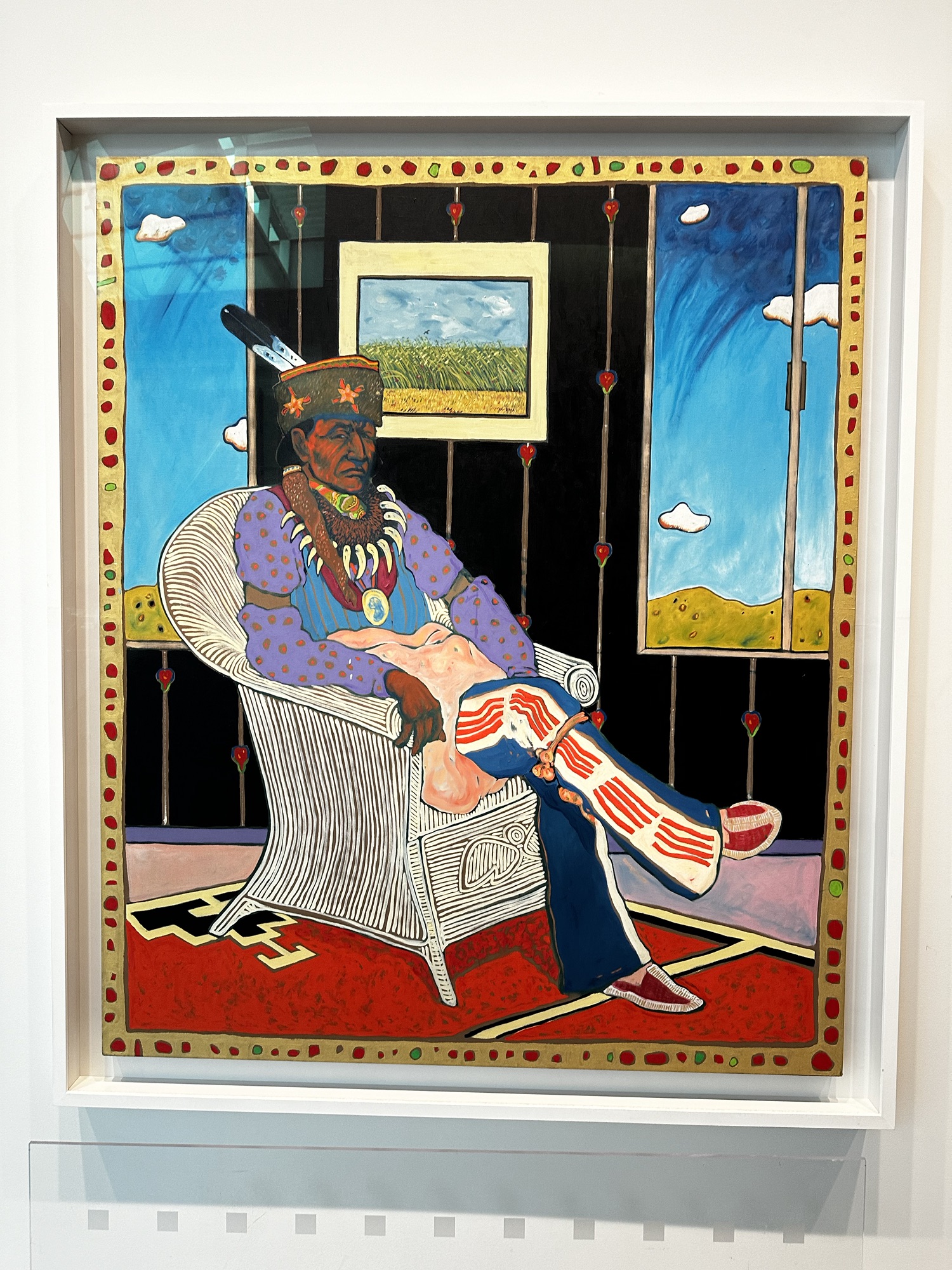
Here is the complaint in Cayuga Nation v. New York State Gaming Commission (N.D. N.Y.):

Here are the materials in Tohono O’Odham Nation v. Department of the Interior (D. Ariz.):
Prior post here.

Here are the materials in Martin v. Gorneau (D.N.D.):
66 Individual Defendants Motion to Dismiss
71 State Defendants Motion to Dismiss
78 Individual Defendants Reply
91 Individual Defendants Response

Today, Katherine Johnson and Jalen Rose (of MJLR) and Caleb Hawpetoss (UM NALSA) convened a panel discussion about two Indian law articles recently published by the Journal. I brought donuts.

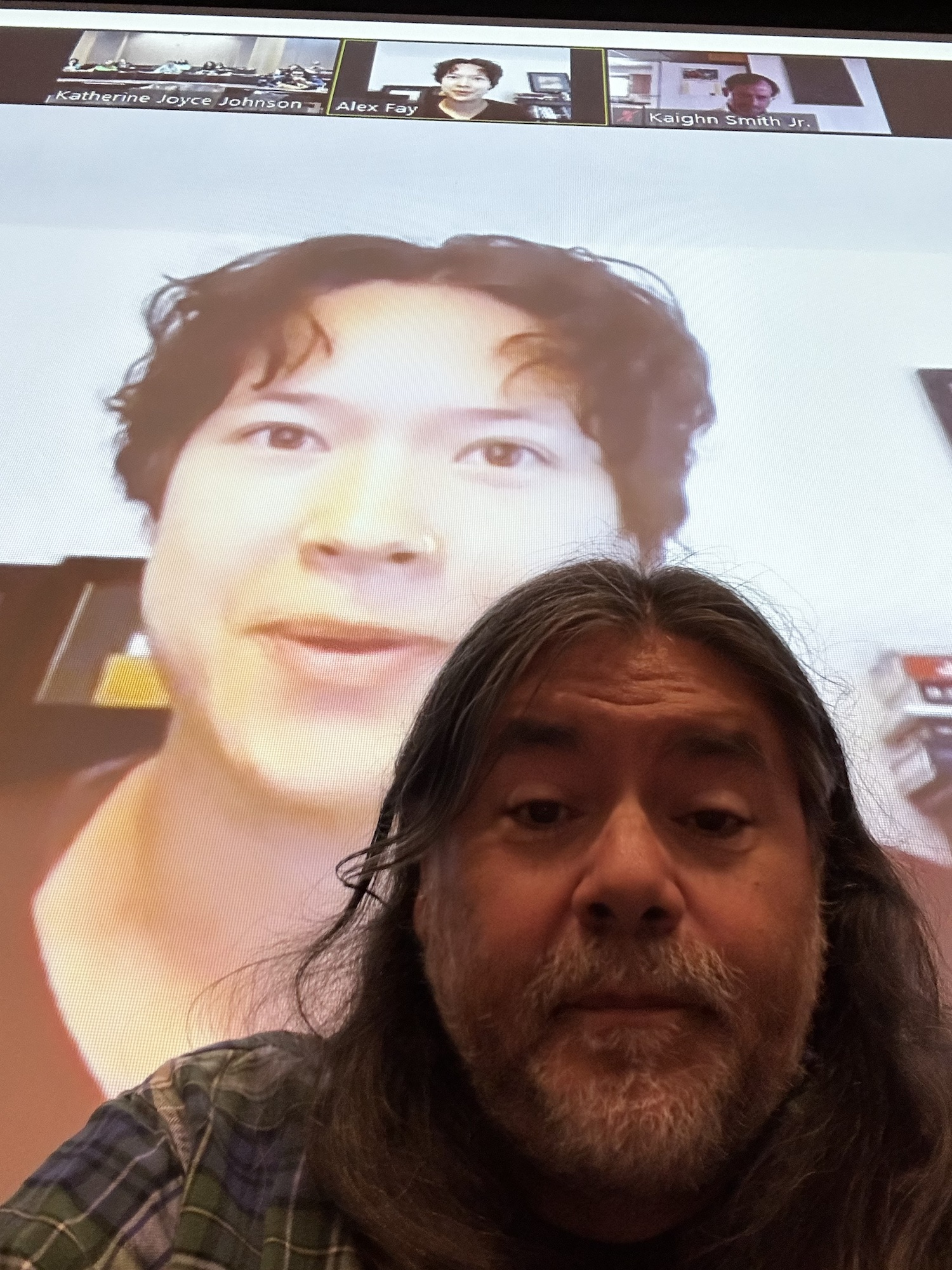

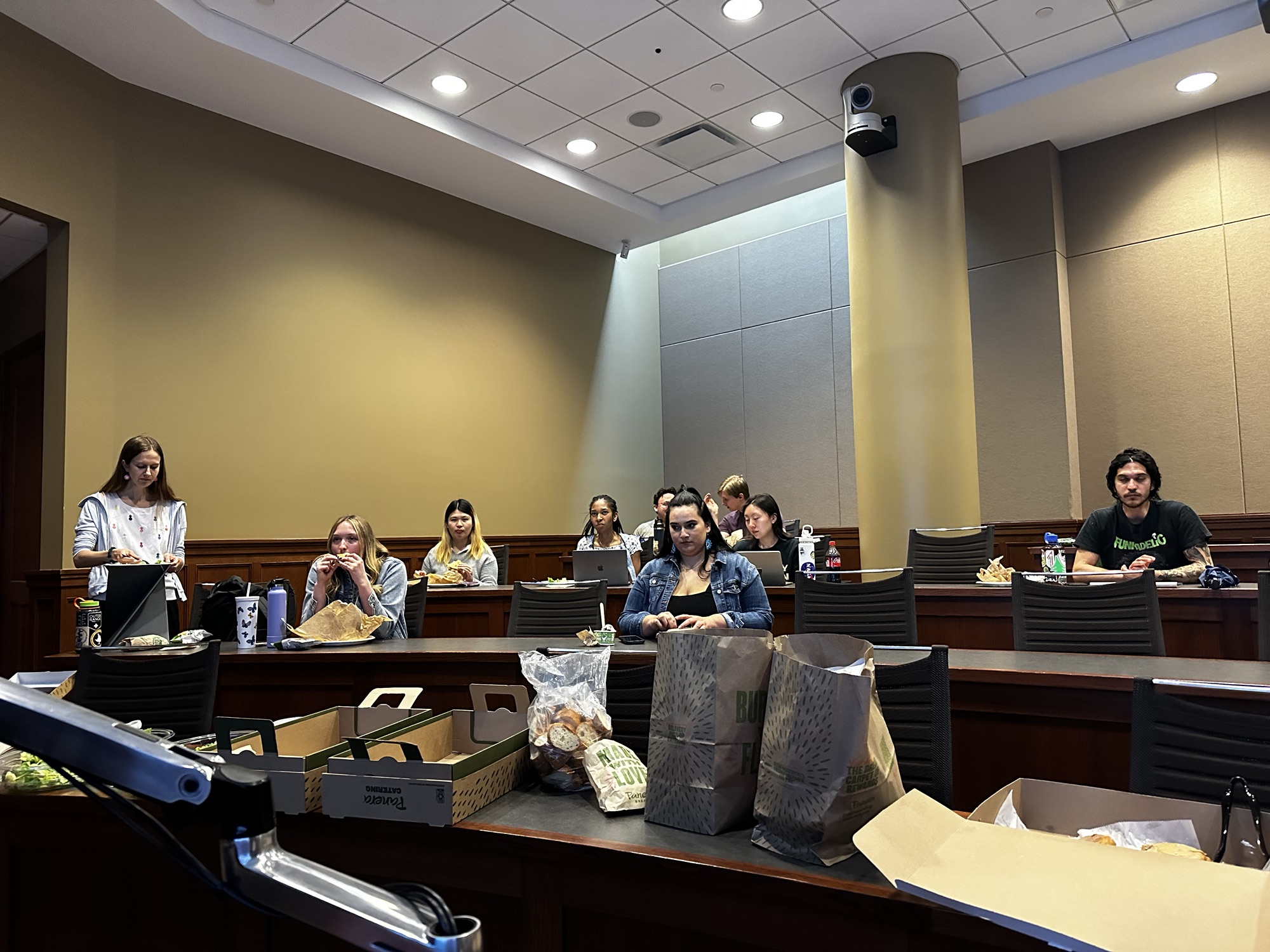
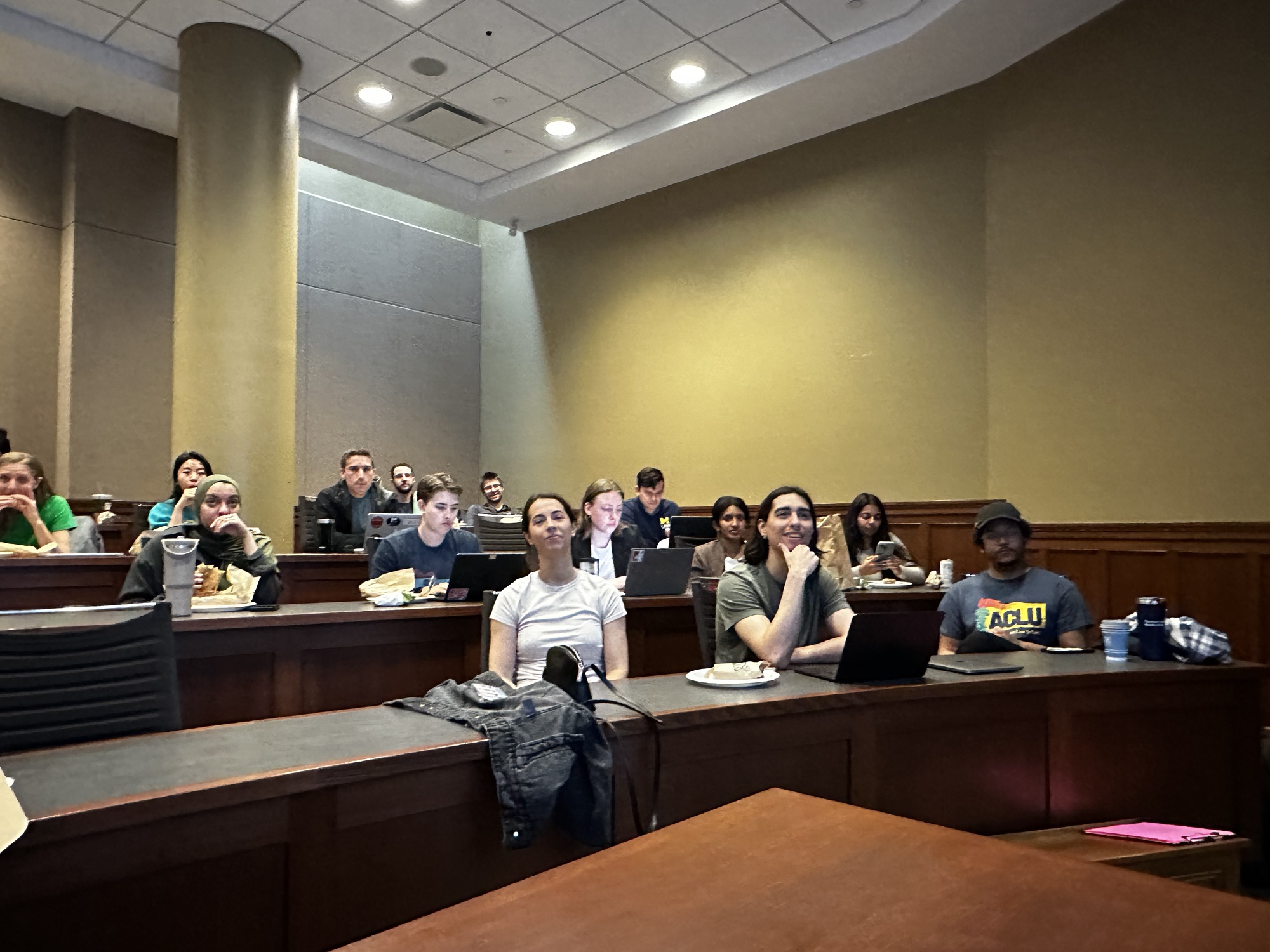
You must be logged in to post a comment.